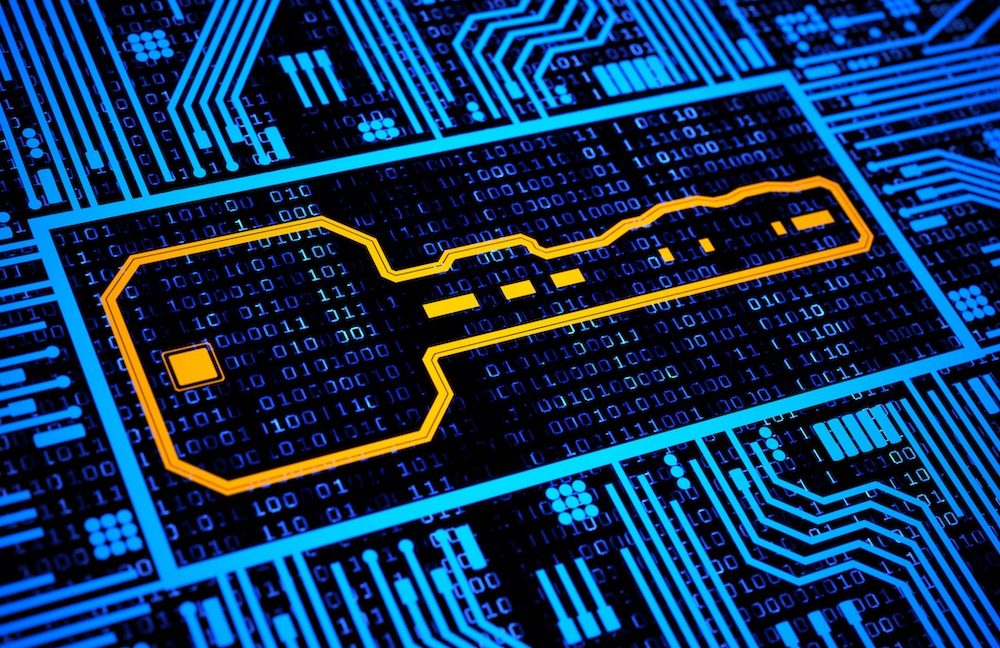As a reminder, current estimates are that quantum cracking of a single 2048-bit RSA key would require a computer with 20 million qubits running in superposition for about eight hours. For context, quantum computers maxed out at 433 qubits in 2022 and 1,000 qubits last year. (A qubit is a basic unit of quantum computing, analogous to the binary bit in classical computing. Comparisons between qubits in true quantum systems and quantum annealers aren’t uniform.) So even when quantum computing matures sufficiently to break vulnerable algorithms, it could take decades or longer before the majority of keys are cracked.
The upshot of this latest episode is that while quantum computing will almost undoubtedly topple many of the most widely used forms of encryption used today, that calamitous event won’t happen anytime soon. It’s important that industries and researchers move swiftly to devise quantum-resistant algorithms and implement them widely. At the same time, people should take steps not to get steamrolled by the PQC hype train.



Error correction does fix that problem but at the cost of increasing the number of qubits needed by a factor of 10x to 100x or so.
Removed by mod
I mean the known theory of quantum error correction already guarantees that as long as your physical qubits are of sufficient quality, you can overcome decoherence by trading quantity for quality.
It’s true that we’re not yet at the point where we can mass produce qubits of sufficient quality, but claiming that EC is not known to work is a weird way to phrase it at best.
Removed by mod
Because the math checks out.
For a high level description, QEC works a bit like this:
10 qubits with a 1% error rate become 1 EC qubit with a 0.01% error rate.
You can scale this in two ways. First, you can simply have more and more EC qubits working together. Second, you can near the error correcting codes.
10 EC qubits with a 0.01% error rate become one double-EC qubit with a 0.0001% error rate.
You can repeat this indefinitely. The math works out.
The remaining difficulty is mass producing qubits with a sufficiently low error rate to get the EC party started.
Meanwhile research on error correcting codes continues to try to find more efficient codes.
Removed by mod
That’s a good point which is part of why there is a lot of active research into quantum networking. Once you can connect two otherwise independent quantum computers, you no longer have the issue of increasing crosstalk and other difficulties in producing larger individual quantum chips. Instead you can produce multiple copies of the same chip and connect them together.